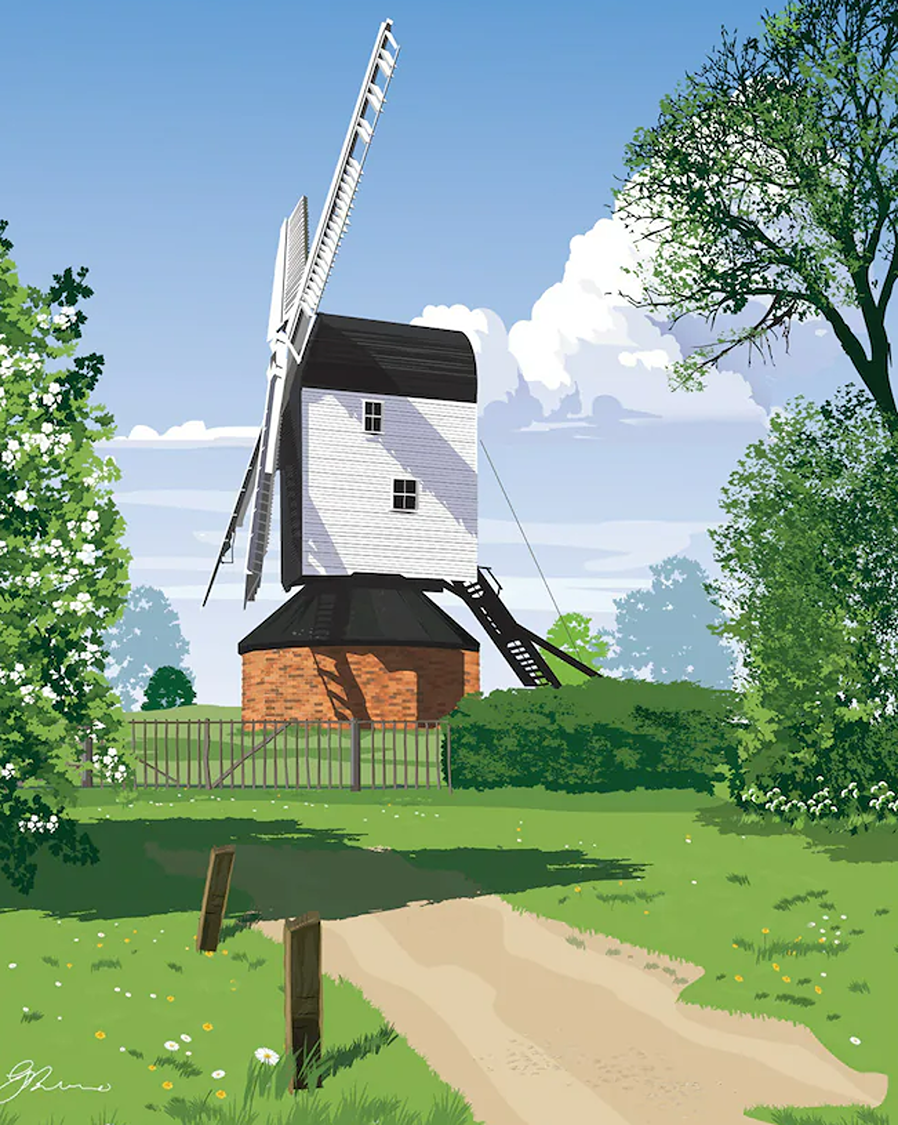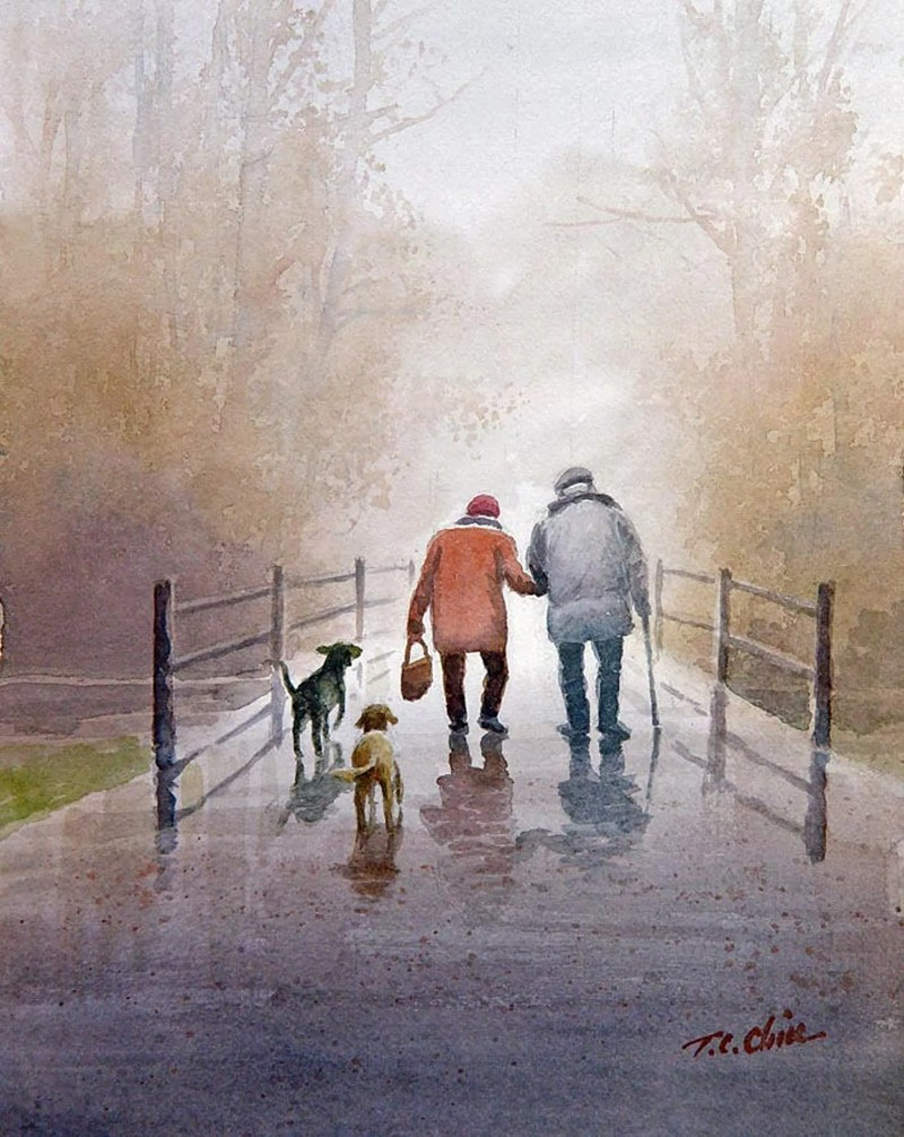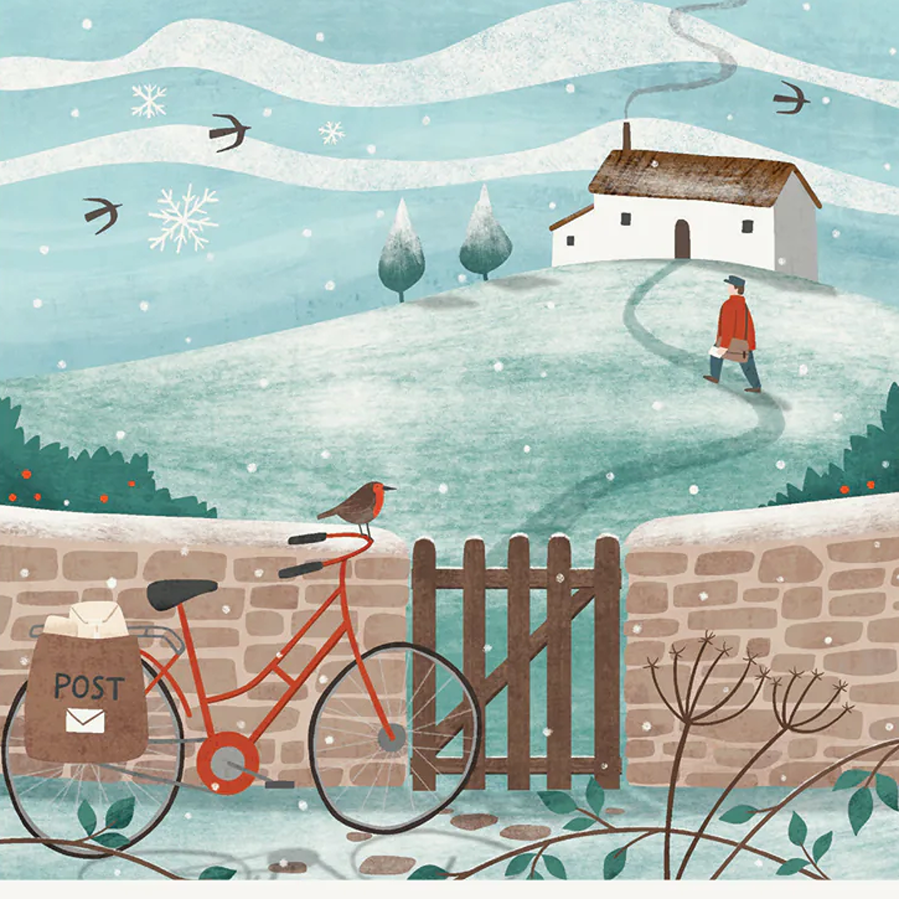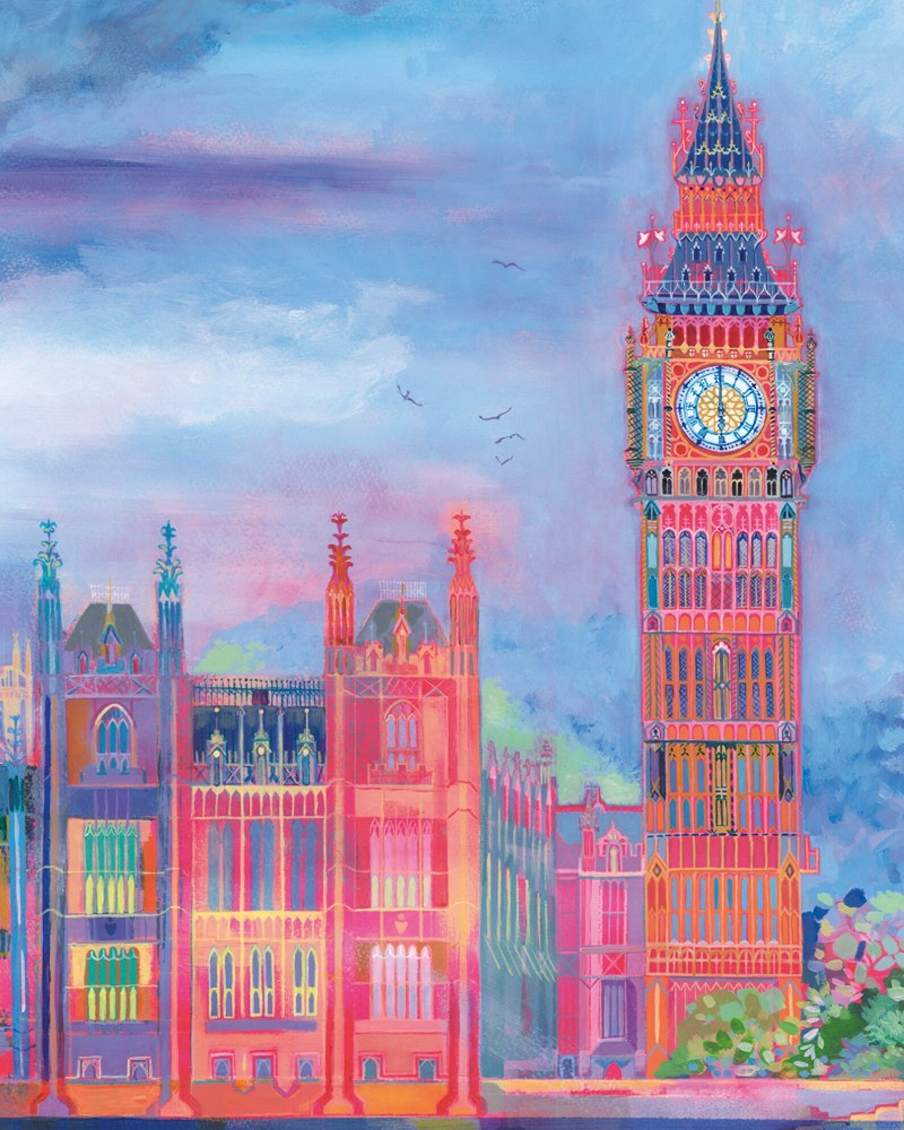
Most of us look to MPs wondering why (over decades) they don’t actually achieve that much other than ‘moving the chess pieces around’. By now, we should have zero climate change, walkable communities, excellent public transport, everyone in full employment (and vulnerable people protected), zero homelessness, strict animal welfare and child protection laws and more. So why have none of these things materialised? And why does policy only change from campaigns (like 38 Degrees, which stopped David Cameron’s government selling off our remaining forests to private hands).
Fringe parties like Animal Welfare Party and The Peace Party have lovely policies, but are unlikely to create much change (not always true, as the former has MPs in Europe that have created huge change, especially in the Netherlands). And there is a real possibility in the 2024 general election of gaining 4 Green MPs.
Free and Equal is a humane book on how we can create a fairer society, where modern progressive politics wins. Written by an economist with a heart, this is food for thought on what good politics should be about. You won’t find a bad review!
Code of Conduct is a book by a former MP who looks at the inside story of misconduct in parliament and how we can help to solve it. Having spent years as Chair of the Committee on Standards and Privileges, Chris has been in the thick of the battle over standards at Westminster, from conflicts of interest, misconduct and lying to MPs engaging in nepotism and cronyism. With dangerous results for our democracy. Taking us inside the carpeted corridors (from the prime minsiter’s office to the Stranger’s Bar) this book looks at how parliament got into this mess, and how it might – at last – gets its house in order.
How Westminsters Works (and why it doesn’t) looks at why most politicians fail in their promises, no matter how much they think they can do something, before elected. This book teaches you about what goes on in politics, from the roles of ‘special advisors’ to what the House of Lords does all day. Often cloaked in secrecy, a political journalist lifts to lid on how to understand (and challenge) political powder. From Downing Street to Whitehall to the House of Commons.
We LOVE Michael Portillo in his railway programs but of course, years ago he lost the safest-ever seat (when people were considering him as a possible Prime Minister). It’s not within the boundaries of reality to suppose that most cabinet ministers (and even the Prime Minister) may lose their seats. If so, it would be a bigger landslide than when Tony Blair came to power in 1997. Let’s hope for everyone’s sake that Sir Keir Starmer is more to be trusted on his promises….
US politics is more complicated than ours!
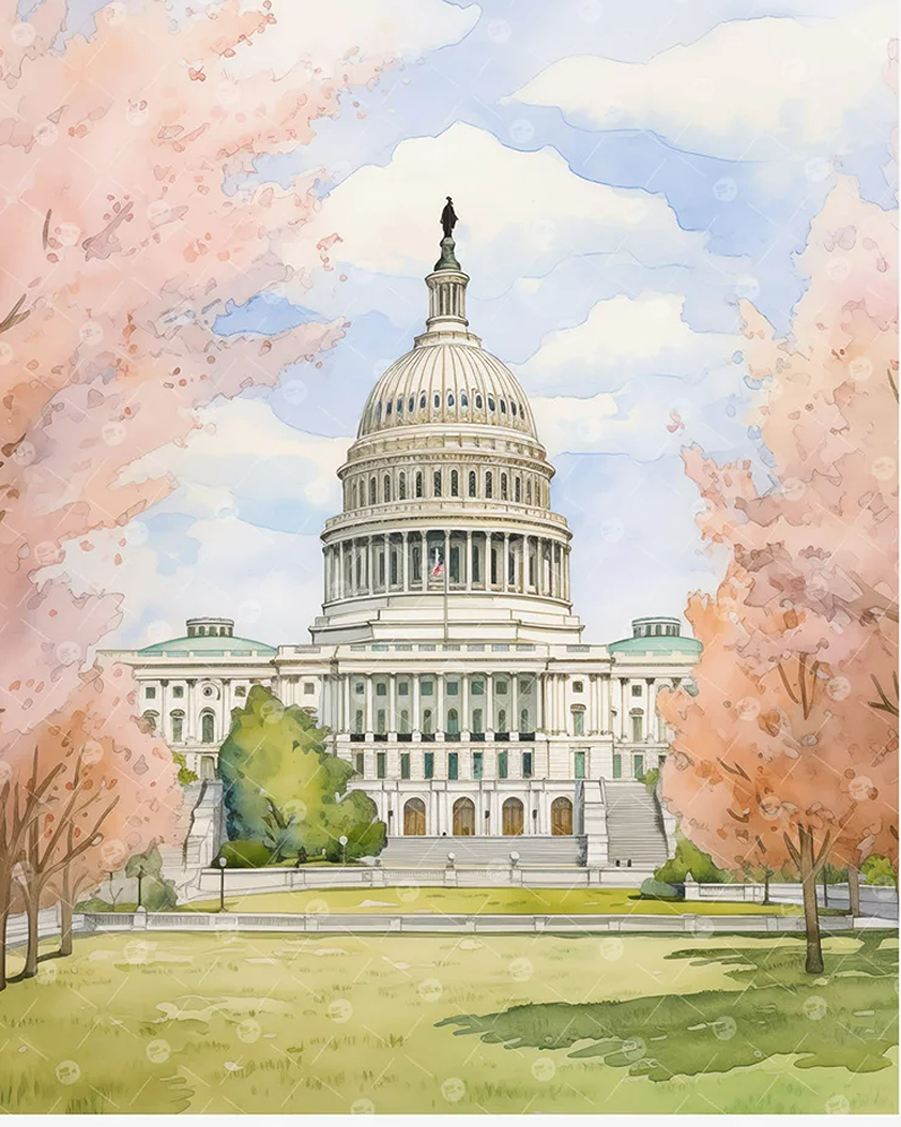
If you think UK politics is complicated, thank yourself that you don’t have to put up with US politics. It’s completely barmpot as you have to belong to one of the two main parties to be able to vote (meaning there can never be an independent President).
Republicans (nothing to do with being anti-monarchy’) believe in low taxes, religious education and the death penalty (though low-crime northeast states have no death penalty). Democrats are more focused on progressive politics including environmentalism (though Biden has disappointed on this front). Robert Kennedy Jr won’t win, a shame as he is an ardent environmentalist who also wrote a children’s book on St Francis of Assisi (the Catholic patron saint of animals).
iffy politics, lovely states!
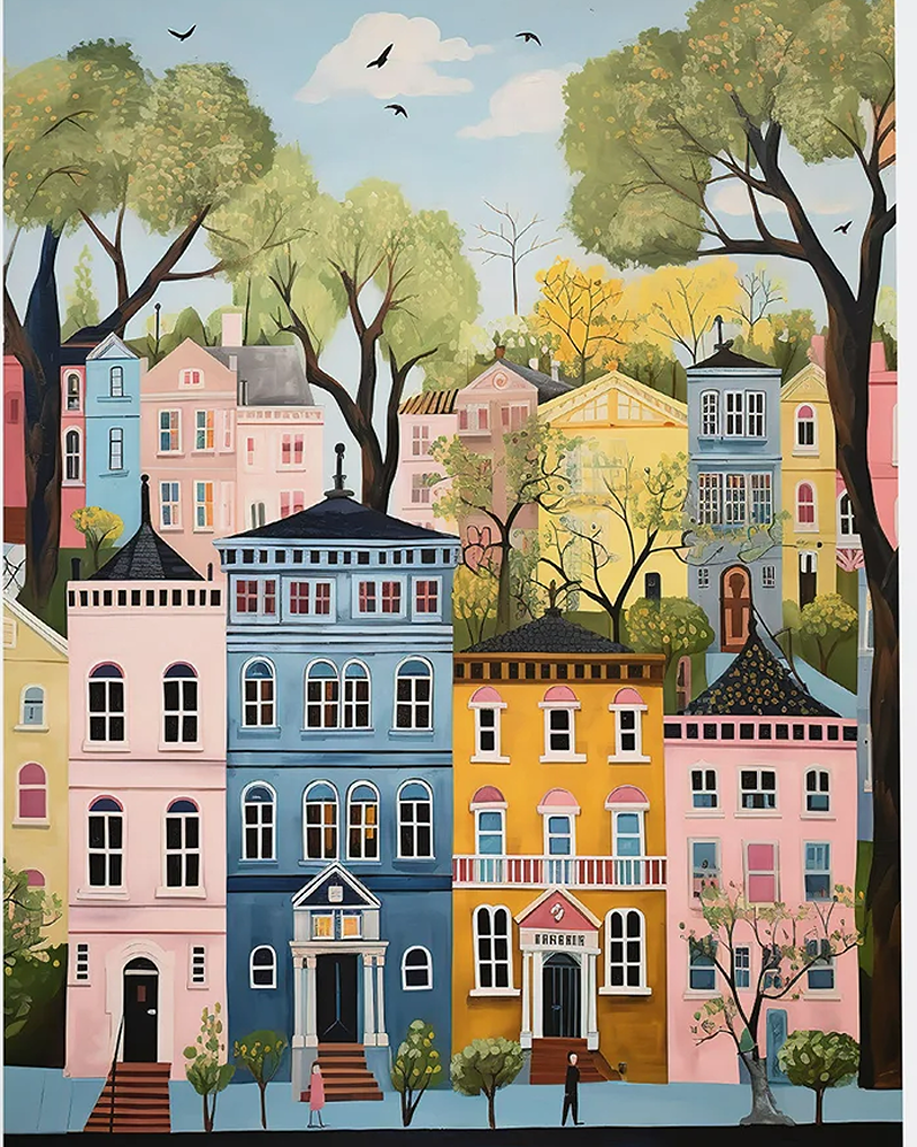
Although the Deep South inexplicably supports a ‘Christian President’ who held up a Bible while his supporters fired teargas at peaceful protestors, the Deep South states (which border Mexico) house gorgeous accents, country music, iced tea and some of the most beautiful buildings and towns on earth (American writer Bill Bryson says Savannah is his favourite city in the world). The food here is also more akin to what we could offer – collard greens and peach cobbler, y’all! However the high temperatures are suffering from climate change (Biden also went back on environmental promises almost immediately after elected).

